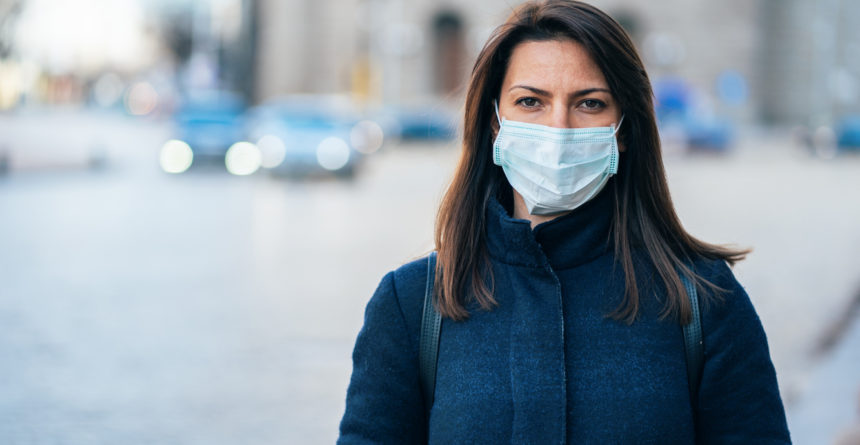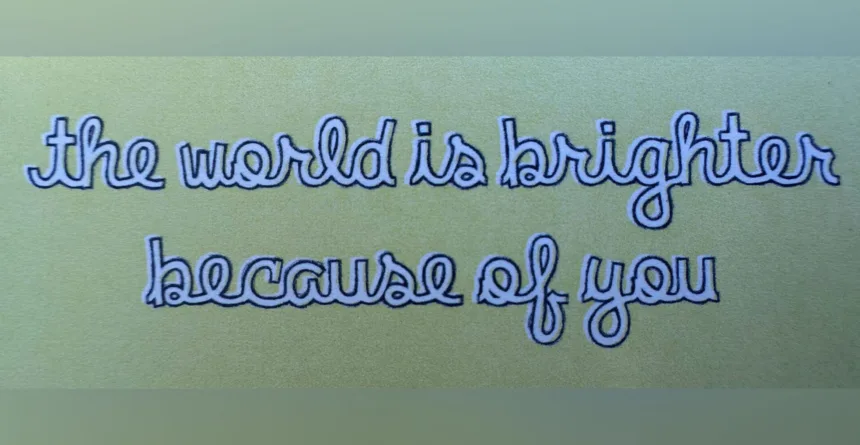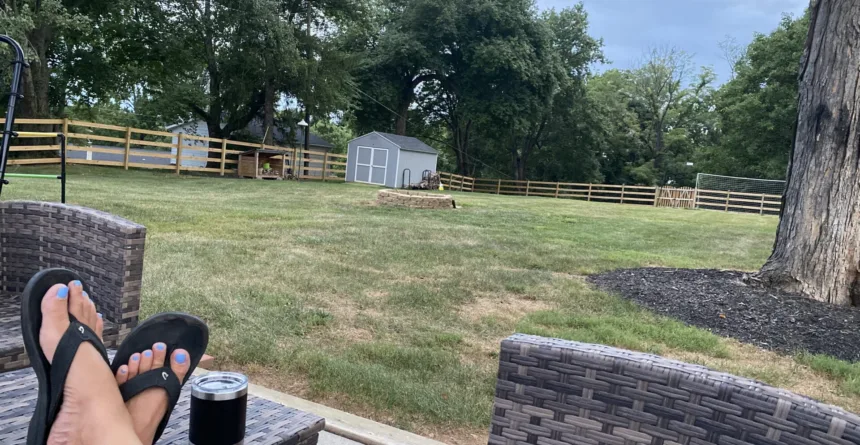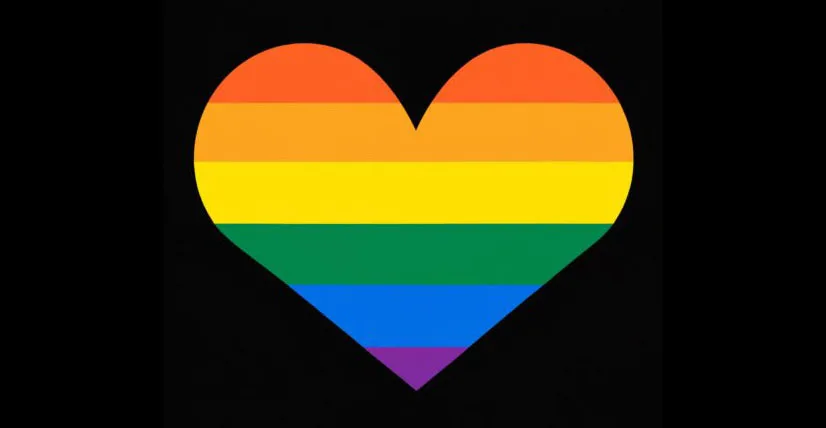COVID-19 & Depression-What You Need To Know Now
April 24, 2020

It goes without saying that the world has changed drastically in the past few weeks. In addition to major events and challenges that many are facing such as illness and economic insecurity, many of us could not have imagined the rapid and substantial transformations of daily life that have taken place. For most people, that involves changes in behavior such as social distancing or quarantining. These alterations put many of us at risk for depression, especially if we were predisposed beforehand.
Our thoughts, feelings, and actions are inextricably linked. For example, if someone is feeling joyful, they are more inclined to take part in some form of life-affirming behavior such as a creative endeavor, social activity, or physical activity. That life affirming behavior is likely to spark positive thoughts and create more positive feelings. When life outside of us or within us presents obstacles to thinking positively, barriers to engaging in life-affirming or self-caring behaviors begin to emerge. This then leads to negative feelings of hopelessness, despair, and doubt. In this way, our emotions, cognitions, and behaviors all impact one another.
What does depression often look like?
Although depression can look very different from person to person, there are some patterns that are worth noting. When people are experiencing depression, they are much more likely to isolate and be far less physically active than they would be without depression. During a depressive episode, people tend to sleep and eat in patterns that are different from their norm as well. These behaviors are not only symptoms of depression, they are also facilitators of depression. We are far more likely to experience the overwhelming feelings of low self-worth, shame, and hopelessness of depression when we are alone and inactive. Furthermore, depression often leads us to believe that we will continue feeling this way forever and there’s nothing that can be done to alleviate the feeling.
What does social distancing look like?
There is quite a bit of overlap between depression and social distancing. Our social patterns have been upended. Many of us used to come into contact with our colleagues, neighbors, friends, and loved ones without much thought or effort. Social distancing has either drastically decreased or completely ended our in-person social interactions. Virtual interactions can require more effort and intentionality, as they aren’t the norm.
For many of us, physical activity patterns that have been ingrained into our habits for years are no longer accessible. Gyms and organized sports are on an indefinite hiatus. People who exercised outside of a gym socially are now left on their own, without external motivation. New Yorkers who relied on walking all over the city to get around are suddenly confined to city sized apartments. Endorphins, dopamine, and serotonin that we took for granted are not necessarily a part of our new realities.
As our daily lives have been transformed, many people have begun to shift patterns of sleeping and eating as well. With everything possible being done remotely, and so many markers throughout our day disappearing, it is easy to lose our previous structure and fall into patterns that don’t facilitate helpful rest and nourishment.
What can I do?
The fact that you are reading this is a reason for hope. It means you are giving time and thought to your emotional wellbeing. It is a display of bravery and wisdom that is worthy of celebration.
Whenever possible, it’s important to be habitual around sleeping and eating. Whether it’s through phone alarms, texts from friends, or caretaking of pets, do your best to create and maintain a new structure to your day. No matter what we are experiencing, it will be easier to manage with a good night of sleep and nourishment through food and water.
We are lucky enough to live in a world with internet. Even though our regular patterns are upended, with effort and intention we are still able to access some level of activity and sociability. If we are mindful of the emotional impact of social distancing, we can make conscious choices to mitigate the negative impact. Check out the list of resources we compiled outlining extended free trials of exercise sites and free/low cost therapy options during COVID19. Create a playlist of your favorite workout songs to motivate yourself, invite a friend to a virtual dinner, or call a loved one. Take part in any behavior that is accessible that will help to diminish the impact of our new depression-congruent behaviors made necessary by COVID19.
Acceptance might be an important pathway towards your wellness. It’s okay to experience sadness and grief during a pandemic. As Brene Brown said in The Power of Vulnerability, “You cannot selectively numb emotion. When we numb hard feelings, we numb joy, we numb gratitude, we numb happiness.” Allowing room for all of our feelings during this time may offer space to process, heal, and move forward as well.
Remind yourself that no feeling is final. When we’re experiencing a painful or challenging emotion, it’s easy to lose sight of its temporary nature. No feeling has ever lasted indefinitely. Eventually it will pass and you will experience something different. Furthermore, although we aren’t certain how long social distancing will last, it will one day come to an end as well. In the meantime, try to offer yourself some compassion and remember your own resilience.
How We Can Help
We are providing remote psychotherapy sessions (Reduced Fee May-July for those experiencing financial hardship) and are happy to talk with you about our services. You can schedule a free phone consultation at a time that works for you.
Resources:
https://www.nimh.nih.gov/health/topics/depression/index.shtml
https://www.employment-studies.co.uk/resource/ies-working-home-wellbeing-survey
Beck, A. T. (1976). Cognitive Therapy and the Emotional Disorders. International Universities Press.



